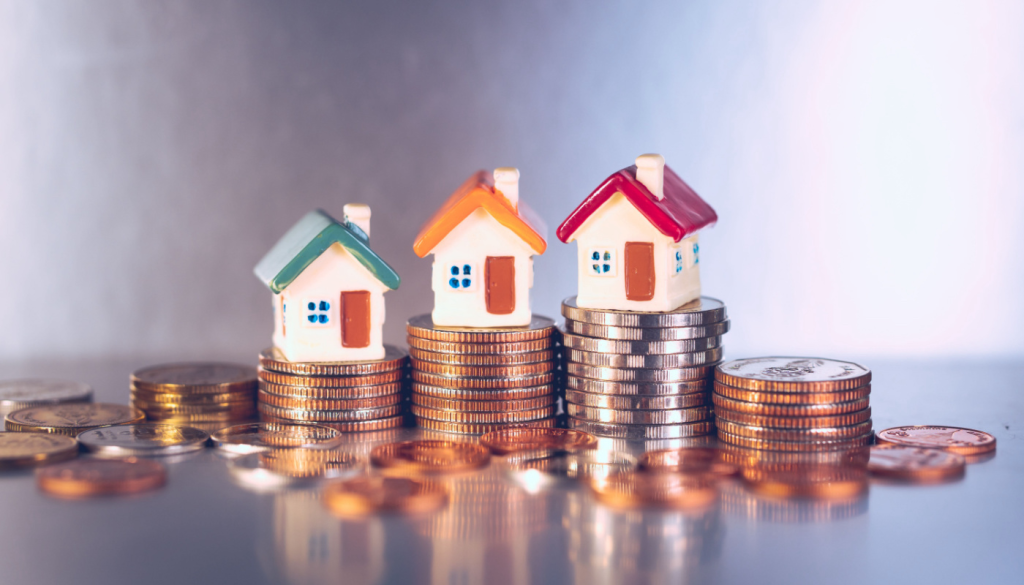Real estate investment continues to be a lucrative avenue for wealth generation and diversification. In this article, we investigate the vibrant landscape of property expense, showing emerging tendencies and strategies that investors must consider.
Actual House Expense Trends:
Rise of Proptech: Explore how engineering is transforming real-estate expense through platforms offering property analytics, crowdfunding, and electronic house tours.
Sustainability and ESG: Discuss the growing significance of environmental, cultural, and governance (ESG) factors in property investment, including green making certifications and sustainable development projects.
Distant Function Impact: Analyze how remote work traits are influencing the need for suburban and rural houses, in addition to co-working spaces and flexible lease terms.
Diversification Techniques:
True House Investment Trusts (REITs): Explain the benefits of investing in REITs, which offer experience of real estate resources without direct home ownership.
International Opportunities: Discuss the possible advantages and issues of diversifying into international real estate areas, including facets like currency risk and local regulations.
Short-Term Rentals: Investigate the reputation of short-term hire programs like Airbnb and the prospect of money era in the vacation rental market.
Area Matters:
Downtown vs. Suburban: Examine the pros and drawbacks of florida investment real estate metropolitan properties in comparison to suburban kinds, contemplating factors like citizenry shifts and lifestyle preferences.
Possibility Zones: Describe the idea of Possibility Areas and their possible tax benefits for investors in economically distressed areas.

Professional vs. Residential: Analyze the variations between commercial and residential real-estate investment and the influence of market rounds on these sectors.
Chance Administration and Due Homework:
Industry Research: Spotlight the significance of completing thorough market research before trading, including examining source and demand dynamics.
Economic Analysis: Examine the economic aspects of due persistence, such as for instance assessing money movement, calculating cap prices, and analyzing house management options.
Legitimate Factors: Stress the significance of appropriate due homework, including house inspections, concept searches, and zoning regulations.
Long-Term vs. Short-Term Expense:
Buy and Maintain: Explain the advantages of long-term real estate expense, including potential appreciation and passive money generation.
Resolve and Switch: Explore the techniques associated with short-term opportunities, such as renovating and reselling attributes for fast returns.
Market Time: Examine the significance of considering market rounds and financial conditions when deciding on expense duration.
Conclusion:
Property investment stays a powerful subject with numerous possibilities and strategies. Remaining informed about emerging developments and adopting a diversified method might help investors navigate the developing landscape effectively.
